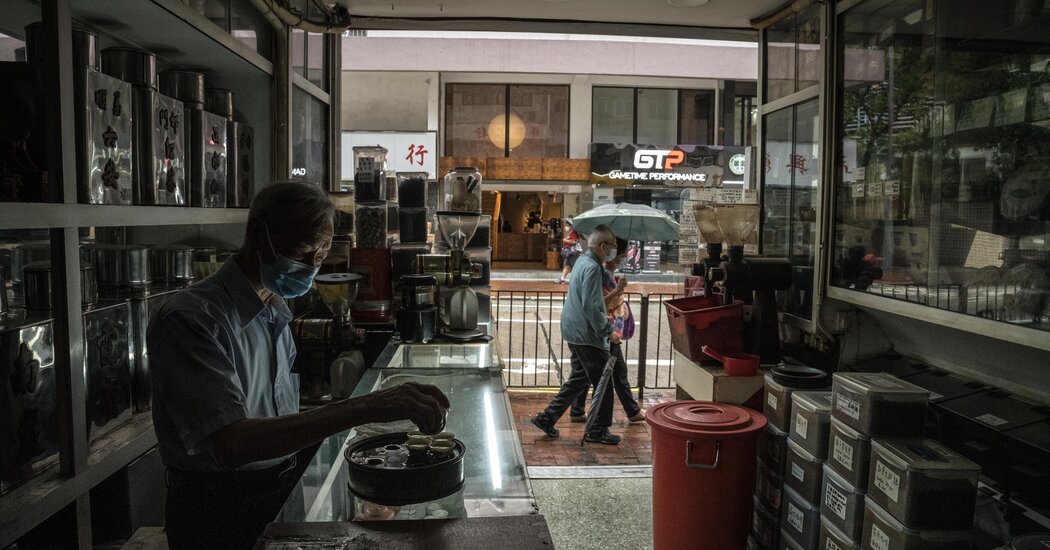To cope with what demographers call “super aging societies,” policymakers in East Asia initially focused on boosting births and tinkering with immigration laws to bolster the workforce. Such measures have done little to change the aging trendline as fertility rates have fallen and many countries have resisted large-scale immigration plans.
That has made employers desperate for employees. In Japan, for example, surveys show that as many as half of companies report a shortage of full-time workers. Older workers have stepped in to fill in the gaps. “We have so much unused and untapped labor capacity,” said Naohiro Ogawa, a visiting fellow at the Asian Development Bank Institute.
Koureisha is an employment agency in Tokyo where job postings state that applicants must be at least 60 years old. Fumio Murazeki, the president, said he believed employers were becoming more receptive to hiring older workers. “People who are over 65, or even up to 75, are very active and healthy,” he said.
Rental car companies and building concierge services are eager to hire older workers, Murazeki said. A popular job for older contract workers is to sit in the front passenger seat of service vehicles while electricians or gas repairmen assist customers on site. The contractor can move the vehicle if necessary, helping companies avoid parking or traffic fines, Mr Murazeki said.
At Tokyu Community, a property management company for apartment complexes in Tokyo, nearly half of the staff are 65 or older, said Hiroyuki Ikeda, head of human resources. With a salary of just 2,300,000 yen a year – less than $17,146 – the jobs don’t appeal to younger workers, while older people are willing to accept the low pay to supplement their retirement income.
The Japanese government now gives subsidies to small and medium-sized companies that install accommodations for older workers, such as extra handrails on stairs or extra rest areas for employees.

